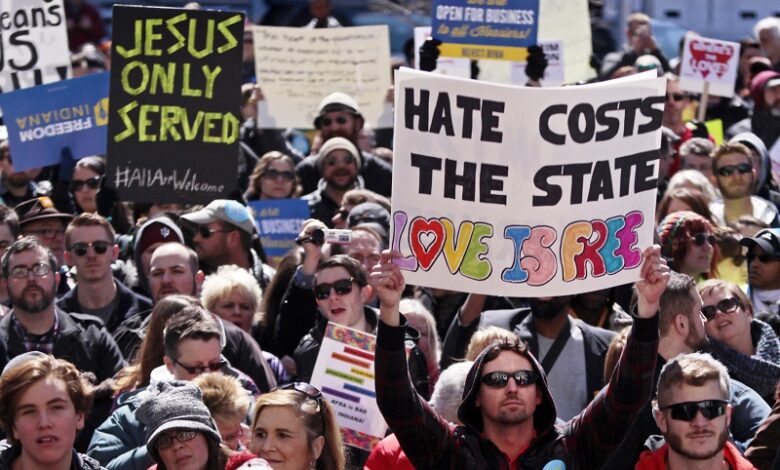Diminishing Religious Landscape: Asian American Beliefs and Trends

By Agnibeena Ghosh
The religious composition of the Asian American population in the United States has undergone significant changes, according to data published by the Pew Research Center. The study analyzed religious beliefs and affiliations among various Asian American groups and revealed a noticeable shift in religious identity over the past decade.
The report found that the percentage of religiously affiliated Asian Americans has increased from 26% in 2012 to 32% in 2023. While a considerable number of Asian Americans express a connection to their religious traditions, the motivation for this affiliation is often nonreligious in nature. Approximately 40% of Asian Americans cited nonreligious reasons for their connection to their faith.
One of the most striking findings is the decline in the percentage of Asian American Christians, which has decreased from 42% in 2012 to 34% in 2023. This substantial drop indicates a shifting religious landscape within this demographic.
Buddhism, which has historically had a significant presence among Asian American communities, has also seen a decrease of 3% in its adherents. On the other hand, Hinduism has experienced a slight increase, rising from 10% to 11% among Asian Americans. Additionally, Islam has shown growth, with its adherents increasing from 4% to 6%.
The study identified specific demographic trends within the Asian American community. For instance, Asian Americans born in the United States, particularly those under the age of 50, were more likely to be religiously unaffiliated. Furthermore, those who identified as Democrats were also more likely to have no religious affiliation.
When comparing ethnic groups, Chinese, Japanese, and Americans were found to be the least religious among all surveyed Asian American ethnicities, with 56% and 47% reporting no religious affiliation, respectively.
The decline in religiosity among Asian Americans is not an isolated phenomenon but reflects broader trends in the American population. A 2021 study conducted by the Pew Research Center found that the percentage of adults with no religious affiliation had grown from 16% to 29%. This suggests that the decline in religious identification among Asian Americans aligns with a more widespread shift in religious beliefs across the United States.
However, not all experts agree on the interpretation of these findings. Dheepa Sundaram, an assistant professor of religious studies at the University of Denver, offers a different perspective. She argues that while the religiously affiliated population is indeed shrinking, it does not necessarily mean that Asian Americans are abandoning spirituality altogether.
Sundaram suggests that the increasing prominence of Christian nationalist views, particularly among political leaders, may be contributing to the decline in religious affiliation. The professor, who was not involved in the Pew Research survey, explains, “I’m wondering if positions on abortion, positions on immigration, positions on social programs have all sort of had a chilling effect.”
In essence, the political and social landscape in the United States may be influencing Asian Americans’ religious identities. It is possible that those whose political beliefs do not align with certain religious views may be distancing themselves from organized religion. This complex interplay between political and religious affiliations highlights the need for a nuanced understanding of the factors shaping religious identity among Asian Americans.






